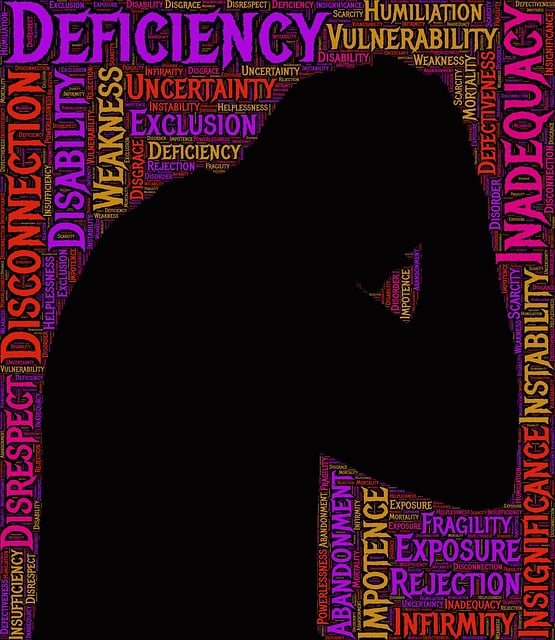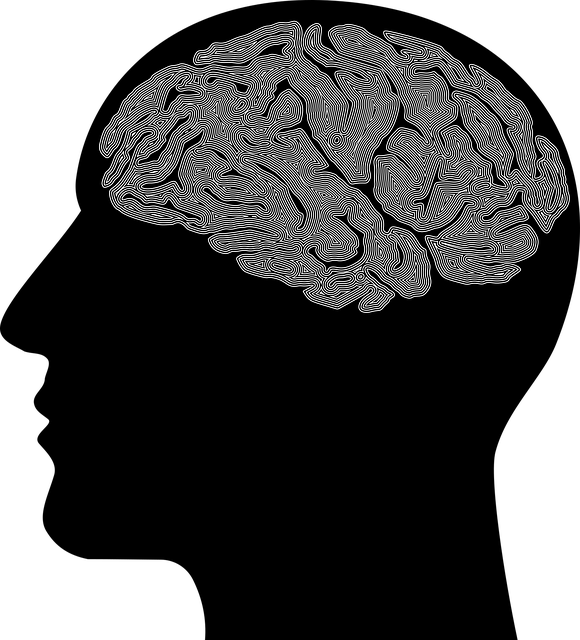Aurora Developmental Disability Therapy leads crisis intervention team (CIT) training, vital for addressing intense crises involving individuals with developmental disabilities or severe emotional distress. Their multidisciplinary teams, comprising mental health experts, social workers, and first responders, use specialized skills to de-escalate high-risk situations promptly, prevent harm, and connect people to essential support systems. Through continuous training in podcasts, coaching programs, social skills training, and interactive workshops, Aurora ensures competent and compassionate crisis management. Their multifaceted approach includes mental health awareness, knowledge of developmental disabilities, cultural competencies, practical de-escalation techniques, and regular simulations, ensuring CIT teams are prepared for diverse crises in various settings.
In today’s complex social landscape, effective crisis intervention is more crucial than ever. This article explores the vital role of Crisis Intervention Teams (CITs) in communities, focusing on how programs like Aurora Developmental Disability Therapy are revolutionizing training and support. We’ll delve into the essential components that make these CIT training initiatives successful, highlighting best practices for equipping professionals to handle crises sensitively and efficiently.
- Understanding Crisis Intervention Teams: A Vital Resource for Communities
- The Role of Aurora Developmental Disability Therapy in Training and Support
- Essential Components of Effective Crisis Intervention Team Training Programs
Understanding Crisis Intervention Teams: A Vital Resource for Communities

Crisis Intervention Teams (CITs) are a vital resource for communities, offering swift and specialized support during moments of intense crisis. These teams typically consist of trained professionals from various disciplines, including mental health experts, social workers, and first responders, who collaborate to de-escalate high-risk situations involving individuals with developmental disabilities or those experiencing severe emotional distress. At Aurora Developmental Disability Therapy, we recognize the power of CITs in enhancing community resilience and promoting positive outcomes for vulnerable populations.
The need for such teams is ever-present in today’s fast-paced world, where mental health challenges and behavioral crises can arise suddenly and without warning. By providing immediate intervention, CITs aim to prevent escalating situations, reduce harm, and connect individuals with the necessary support systems. Through regular training programs like those offered in our Mental Wellness Podcast Series Production and Mental Wellness Coaching Programs Development, professionals gain the skills to handle diverse crisis scenarios effectively. Additionally, our Social Skills Training initiatives ensure that team members understand the nuances of communicating with individuals in distress, fostering a sense of safety and empowerment within these critical response teams.
The Role of Aurora Developmental Disability Therapy in Training and Support

Aurora Developmental Disability Therapy plays a pivotal role in crisis intervention team training programs by offering specialized support and expertise tailored to individuals with developmental disabilities. Their experienced therapists are adept at teaching effective communication strategies, de-escalation techniques, and customized self-care routines to help team members manage their own stress and prevent burnout. By integrating these practices into the training curriculum, Aurora ensures that crisis responders can provide compassionate and competent care during high-pressure situations.
In addition to addressing burnout prevention, Aurora Developmental Disability Therapy focuses on fostering positive thinking among team members. They recognize that cultivating a resilient mindset is essential for navigating challenging crises. Through interactive workshops and role-playing scenarios, participants learn to reframe negative thoughts, promote hopeful perspectives, and maintain emotional resilience—all of which contribute to better mental health outcomes for both the responders and those they serve.
Essential Components of Effective Crisis Intervention Team Training Programs

Effective crisis intervention team (CIT) training programs are multifaceted and crucial for fostering competent support systems in various settings. Programs like those offered by Aurora Developmental Disability Therapy should incorporate several key components to ensure they meet the diverse needs of individuals facing crises, especially those with developmental disabilities or co-occurring mental health conditions.
Firstly, these programs must prioritize mental health awareness education, equipping CIT members with knowledge about different disorders and their manifestations. This includes understanding cultural nuances, as healthcare provider cultural competency training plays a vital role in delivering empathetic care. Additionally, practical skills such as de-escalation techniques, crisis intervention strategies, and trauma support services should be at the core of the curriculum, enabling participants to handle high-stress situations effectively. Regular simulations and role-playing exercises can enhance learning by providing hands-on experience in realistic crisis scenarios, fostering a supportive environment for practice and improvement.
Crisis intervention team (CIT) training programs, such as those offered by organizations like Aurora Developmental Disability Therapy, play a pivotal role in equipping communities with essential tools to manage and de-escalate crises effectively. By focusing on comprehensive training that includes situational awareness, communication skills, and evidence-based strategies, these programs empower individuals to provide timely and compassionate support. In light of the growing importance of mental health and crisis management, investing in CIT training is a game-changer for fostering safer, more supportive communities.














